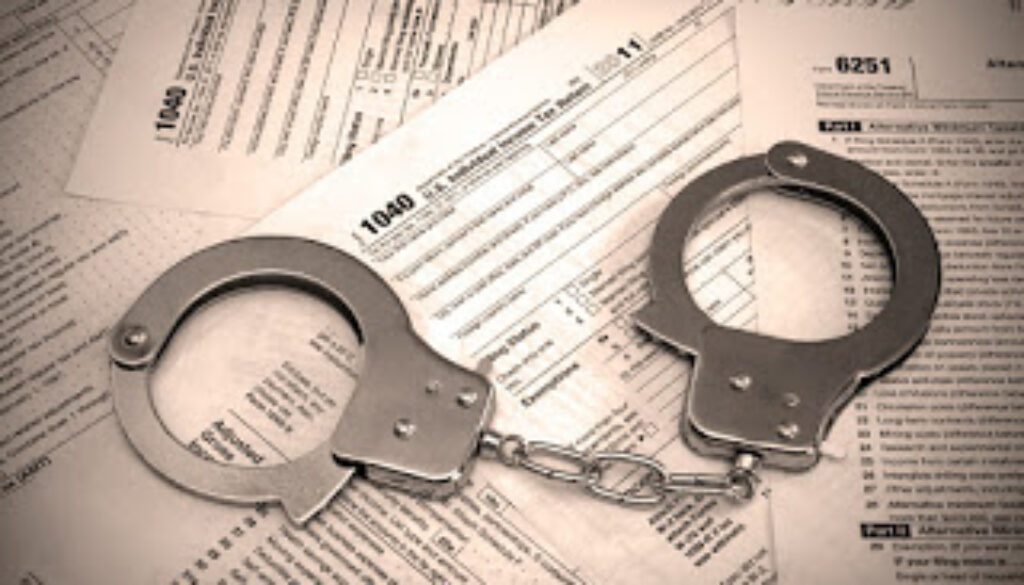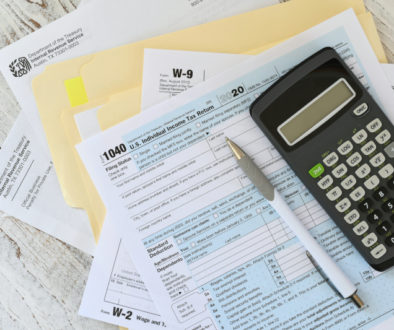THE INSIDER’S GUIDE TO FORENSIC ACCOUNTING AND INVESTIGATION
How is Fraud Defined?
Fraud is a deception perpetrated for the intent of personal or financial gain: a lie told and acted upon for profit.
The law segregates fraud into four sections:
1. Misstatements and Omissions: misrepresentation of a fact
2. Scienter: an awareness that the misrepresentation exists; deliberate and willful disregard of the truth.
3. Reliance: the person acting on the misrepresentation has relied on in.
4. Damages: the victim has suffered financial damage due to the above three.
There are two kinds of fraud:
- Retail Fraud: misappropriation of merchandise, assets or money
- Wholesale Fraud: fraud perpetrated through financial statements to combat fraud, corporations and government have put safeguards in place on broad and local levels:
Legal Safeguards
- Standards set for the corporation
- Regulations in the market
- Utilization of evolving technologies
Local and In-House Safeguards
- Corporate board of directors
- Outside Auditors
- Specialized Analytics
- Legal professionals
Among the local and in-house safeguards, corporations employ the use of auditors and forensic investigators who are tasked with finding any misrepresentations, should they exist. For auditors, the task is more simple. They analyze data to ensure there are no discrepancies. In the event of a discrepancy, they generally do not investigate, but turn the information over to forensic accountants.
What is Forensic Accounting?
Forensic accounting, in its simplest form, is the use of accounting to analyze financial records and information for the investigation of possible embezzlement and fraud.
The Role of Forensic Accountants
Forensic accountant investigators will investigate thoroughly, following only the factual information gleaned from documentation and testimonies by all involved parties. It is the forensic accountants that determine the extent, if any, of loss or damage and make suggestions on avoidance and deterrence in the future. These suggestions can be utilized as testimony before government agencies as well as in litigation.
It has been said that the roles of auditors is like that of a policeman: someone that finds the problem and turns it over to one with more authority. Forensic accountants have been likened to detectives, the ones authorized to find the source of the fraud once a problem has been found.
Forensic accountants can be called on for use in multiple situations:
- Economic losses within an organization
- Fraud investigations into employee bases
- Insurance claims and situations that interrupt the flow of business
- Professional negligence
- Disputes between shareholders and partnerships
- Mediation and/or arbitration
In these situations, forensic accountants are called upon to examine and investigate. Upon concluding an investigation, they will put their findings into exhibits, reports and/or a collection of documents that display or illustrate the findings as proof of fraud. This is helpful in exposing any form of criminal activity and outlining how the fraud was perpetrated but it is also legal documentation that can be presented in court.
Corporations have used the services of forensic accountants to uncover criminal activities of embezzlement, fraud, money laundering and the concealment of debt and assets.
Once fraud is found, forensic accountants can be called upon as expert witnesses for testifying in court on civil or criminal litigation. They can also be called upon to appear for pretrial depositions, requiring a degree of education and knowledge of legal procedures and concepts.
Educational Requirements of a Forensic Accounting Investigator
This type of investigator requires having a master’s degree in the business sciences or in accounting. They can also have a background in CPA, certified public accounting. They may also be required to have certification as a CFE, or certified fraud examiner.
Forensic accounting investigators can also obtain certification in Certified Financial Forensics, a certification that is recognized.
Meeting With a Forensic Accounting Investigator
For corporations that want or need the benefit that forensic accountants provide, the services of an accounting firm may be in order. An accounting firm can provide forensic accounting services, among others, such as tax preparation and business valuations.
These services have been utilized in saving corporations money, in the avoidance of fraud based activities within the firm and in helping corporations comply with state and federal regulations. Accounting firms have also been utilized in sparing corporations from legal repercussions by providing the means to find and eradicate fraud from within.
At the initial meeting, forensic accountants will interview clients:
- To discern issues, problems and concerns
- For separation of facts for investigative purposes
- Identify involved parties and the issues that have arisen
- Check for conflict and discrepancies among involved parties
- Perform an initial investigation
- Develop a plan of action.
The forensic accountants will uncover evidence of wrong-doing, perform an in-depth analysis and prepare their findings to report to the client. In some cases, investigations have led to finding and recovering stolen money and assets. In addition, the presence of forensic investigators has been known to deter further theft and fraud. In this way, the work of forensic accounting investigators has helped save money and assets that would have been unrecoverable otherwise.


